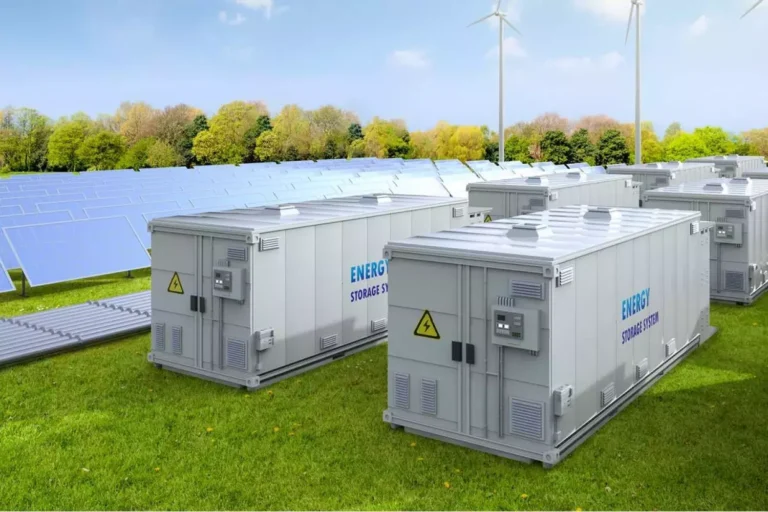
A new study commissioned by the Los Angeles Business Council reveals that trucking companies servicing the Ports of Los Angeles and Long Beach face major challenges in transitioning to zero-emission drayage fleets by 2035, as mandated by California’s Advanced Clean Fleets (ACF) regulation. The study, conducted by USC’s METRANS Transportation Consortium, outlines obstacles such as the high cost of zero-emission trucks, inadequate charging and fueling infrastructure, and the financial limitations of many small trucking firms.
Presented at the 18th Annual LABC Sustainability Summit, the report highlights that nearly 24,000 diesel trucks currently operating in the region will need replacement. The analysis indicates that 854 trucks would need to be retired by 2025 alone, with the ports requiring around 31,684 battery-electric trucks by 2035 to meet compliance.
“The study underscores the significant gap between current market capabilities and the infrastructure needed to meet ACF regulations,” said Marlon Boarnet, Director of METRANS. “Successfully navigating this transition could position California as a leader in green commercial transportation.”
The report emphasizes the need for accelerated development of electric charging infrastructure, expanded subsidies for zero-emission trucks, and support for a secondary market for used zero-emission vehicles. It also calls for increased investment in hydrogen truck technology and fueling infrastructure.
Gene Seroka, Executive Director of the Port of Los Angeles, stressed the importance of collaboration between public and private sectors. Meanwhile, companies like Forum Mobility are already working to build charging infrastructure and facilitate the transition for trucking fleets.
For more information, the full report is available and can provide insights into the required steps and potential solutions for achieving the zero-emission goal.







